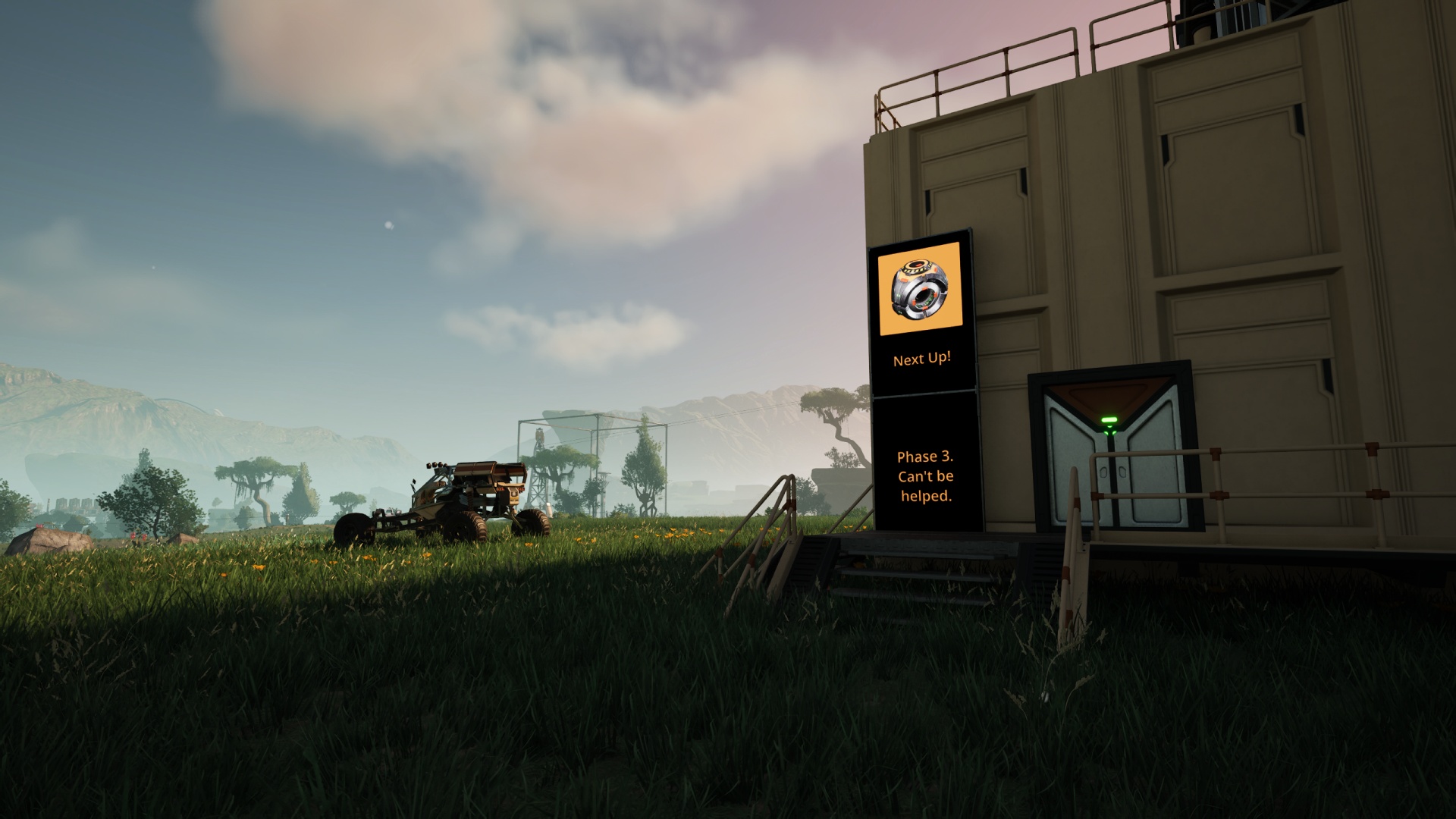First, a disclaimer. I am not all that widely read on the subjects contained in this entry. Most of this is probably obvious to anyone with more than a passing familiarity with higher physics. I’m only setting this down “in print” to get it out of my system, seeing as how I’m all fired up by my little leap of logic.
Okay, we got that out of the way. On with the show.
Analogies can both help and hinder understanding. Take the following: “Every action causes ripples like a rock dropped in a pond.” It’s true that actions have consequences, but we also know that those ripples vanish and are absorbed by rough waters.
The proponents of “chaos theory” like to use another analogy, that of the butterfly. The idea is that a butterfly flaps its wings in one part of the world, and as a result a hurricane strikes somewhere else some time later. This particular analogy has always bothered me, but I couldn’t articulate why until this morning when I kicked a pebble off the road.
I asked myself, “How could kicking a pebble, the equivalent of a butterfly flapping its wings, possibly do anything to the world at large?”
Yes, I get most of my best thinking done while I’m walking outdoors.
It’s all about scale, and how events of one scale interact with objects of another. The idea that every small event affects everything else regardless of scale is absurd. A better way to look at it is as if there were layers of interaction.
My pebble didn’t do anything to the world at large. In its own layer, nothing important changed. It didn’t strike another pebble or anything like that. One could argue that the pebble’s layer is completely inconsequential, but that’s a topic for another entry.
In the layer “up” from the pebble’s own, nothing important happened because I kicked it. Had the pebble been instead thrown at a glass object, that could have set off a chain of events at the human-sized layer. The same would be true had it struck an animal or a person. At that point my action, having affected a lower layer (that of the pebble), would have then affected objects in my own. Still nothing of hurricane proportions, since it’s unlikely that I could precipitate anything on the scale of, say, a war just by hitting somebody with a pebble. I don’t operate at the global level.
Thinking “down” for a moment, the microbes that crawl on the pebble’s surface have been relocated, for better or worse. Perhaps they could mutate into the next ebola virus because of the change of lighting or interaction with microbes in their new location… but that seems staggeringly unlikely.
This is all fairly straightforward and even obvious. It still gives me some insight into human social and political interaction. As I just mentioned, I don’t operate a level that gives my actions the kind of global consequences that a statesman’s can. This works both ways, however.
Explain voter apathy. It’s easy, really. People talk about how nothing really changes no matter who we elect. That’s not actually true, but it’s effectively true. The politicians are at a different layer from the common folk. (I leave it to better minds than mine to decide if it’s a higher or lower one. In truth, it’s that the layers aren’t stacked vertically at all. This is just another example of an analogy falling apart on closer inspection.)
Most of the actions of our elected officials mean nothing to most of us. Some affect everyone, many affect few. The more layers separate us from them, the less likely a given action will touch us in any meaningful way.
All of this could be thought of as “stating the problem.” Once you grasp the idea that not every action affects objects universally, however, you can start to look at ways to maximise the effects of specific actions. The common sense notions of choosing your battles wisely, letting go of problems about which you can’t affect change, and focusing your energies on achievable results all come into play.
We also realize that some actions are just outright stupid. Deliberately puking on the steps of a government building probably won’t put a stop to war, for instance. Nor will praying really hard. Let’s put it this way: Millions of people prayed for peace. We still went to war. Was the praying a bad idea? Maybe not, but a better use of that energy might have been sincere, well-planned lobbying. Perhaps.
It’s not that I think I have the solution to achieving social change and making the world a better place. What I think I’ve found, though, is a tool to help make better choices about the methods used. Conversely, I like to think that if more people understood this idea then they’d stop believing that little, silly things can be responsible for all the world’s troubles, or put a stop to them.
Because clipping billions of butterflies’ wings won’t put an end to hurricanes.

